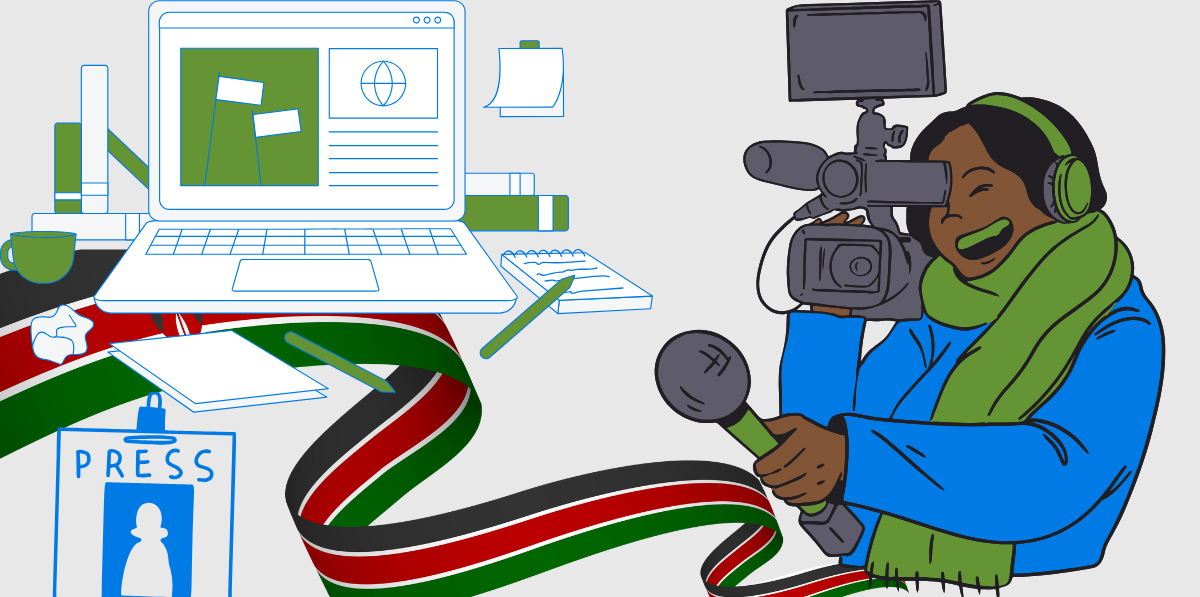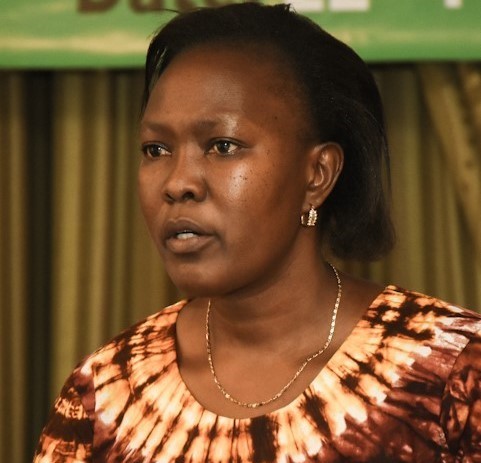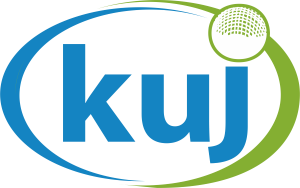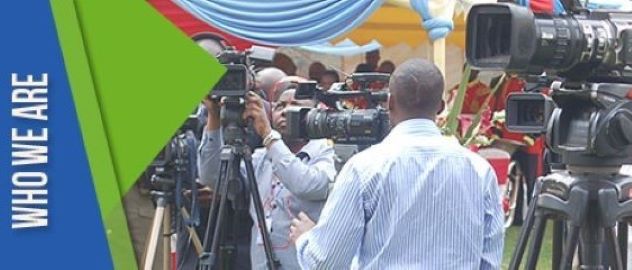KENYA UNION OF JOURNALISTS (KUJ)
The Kenya Union of Journalists (KUJ) is a vibrant and dedicated trade union established on August 1, 1962. KUJ improves, protects and promotes media freedom, professionalism and ethical standards in the media industry by:
- Collective Bargaining: Negotiating favourable terms and conditions of employment, including occupational safety and health.
- Representation: Advocating for the interests of our members and ensuring their voices are heard.
- Professional Development: Providing training and resources to enhance the skills and knowledge of our members.
- Legal Aid: Offering legal assistance and support to members facing legal challenges.
- Industry Collaboration: Partnering with other media organizations and unions to promote industry standards and best practices
WHO WE REPRESENT
KUJ represents a diverse range of media professionals, including:
- Journalists: Reporters, writers, editors, photographers, and other content creators.
- Technical Staff: Graphic artists, designers, and production personnel.
- Support Staff: Administrative, marketing, and sales staff.
- Media Educators: Instructors and professors teaching journalism.
We are committed to upholding the principles of press freedom, ethical journalism, and workers’ rights. By joining KUJ, you become part of a strong and united community of media professionals dedicated to shaping the future of journalism in Kenya.

OUR PILLARS
Our Strategic Framework
The Kenya Union of Journalists (KUJ) is guided by a strategic framework that focuses on three key result areas (KRAs). By focusing on these key areas, KUJ aims to achieve its vision and mission and deliver value to its members and the broader media industry.
TRUSTEES
The Union’s assets are held in trust by a board of trustees, ensuring their protection and proper utilization. The current trustees are:
- National Chairperson
- General Secretary
- Treasurer
These trustees bring a wealth of experience and knowledge to the role, working diligently to safeguard the Union’s interests and assets.
SECRETARIAT
The KUJ Secretariat is responsible for the day-to-day operations of the Union with oversight from the General Secretary, including:
- Membership Services
- Collective Bargaining
- Advocacy and Lobbying
- Training and Development
- Financial Management
The Secretariat is staffed by experienced professionals who are committed to serving the needs of KUJ members.
KUJ GOVERNANCE
The Kenya Union of Journalists (KUJ) is governed by a Constitution that outlines the roles and responsibilities of its leadership and members.
Governing Council
The Governing Council is the highest decision-making body of KUJ. It is composed of elected representatives from across the country – the National Chairperson, General Secretary, Deputy General Secretary, Treasurer, Assistant Treasurer, Organising Secretary and ten members of the council elected at the Quinquenennial conference. The Governing Council is responsible for the directions of the Executive Committee and the National officers to whom the daily management of the union shall be committed.

John Atambo
National Chairperson

Oscar Obonyo
Vice-chairperson

Erick Oduor
Secretary-General

Mary Daraja
Deputy Secretary-General

Toepistar Nabusoba
Treasurer

Grace Karanja
Assistant Treasurer
Executive Committee
The Executive Committee is responsible for the management of the affairs of the union. The Executive Committee consists of the National Chairperson, Vice Chairperson, General Secretary, Deputy General Secretary, Treasurer, Assistant Treasurer and the Organizing Secretary.
Meet our Executive Committee

John Atambo
National Chairperson

Oscar Obonyo
Vice-chairperson

Erick Oduor
Secretary-General

Mary Daraja
Deputy Secretary-General

Toepistar Nabusoba
Treasurer

Ahmed Mohamed
Organizing Secretary

Robert Kiptoo
Secretary, International Affairs

Kwamboka Oyaro
Secretary, Gender

Grace Karanja
Assistant Treasurer

Walter Menya
Training


